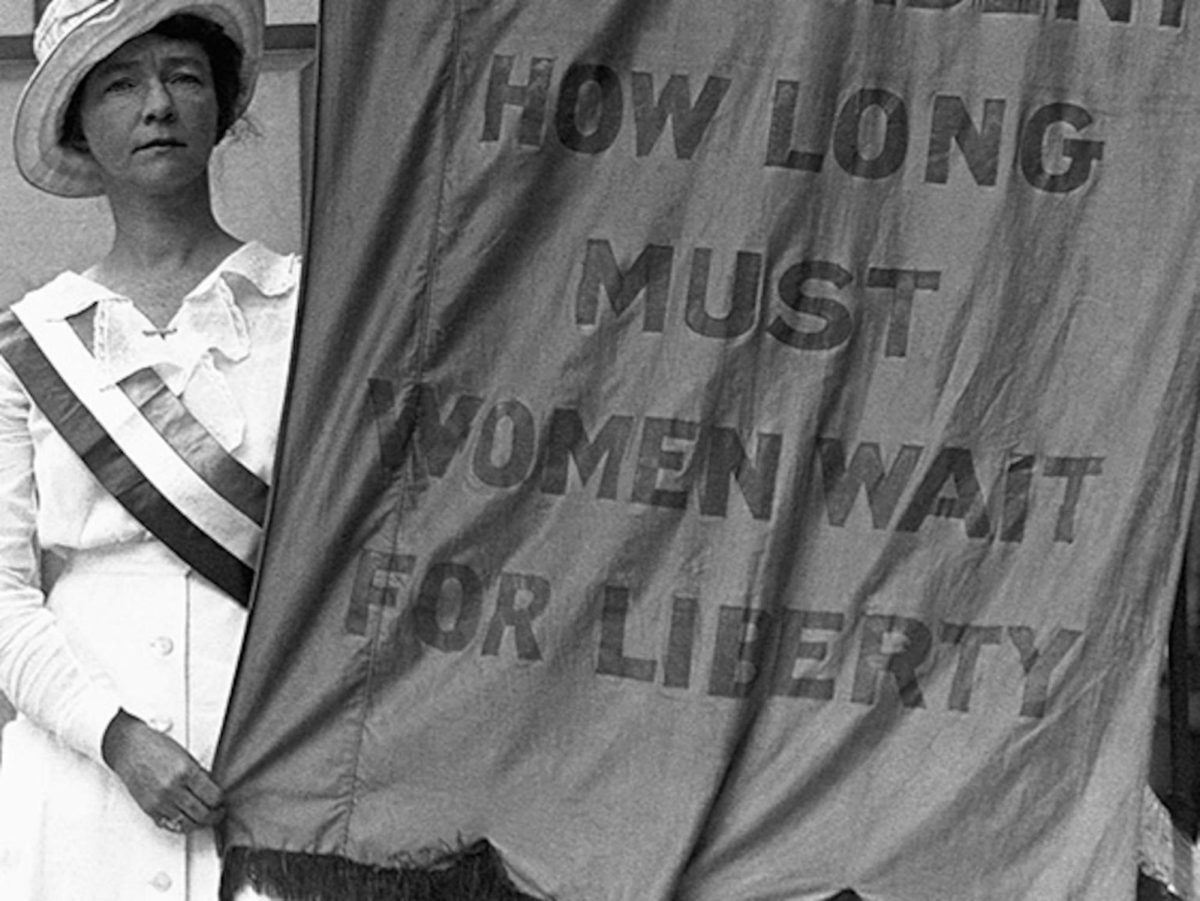 National Women’s History Month, observed every March, stands as a tribute to the mountain of contributions and accomplishments of women throughout the ages. The idea can be traced back to the inaugural International Women’s Day in 1911, which was initially designated for March 8th and dedicated to supporting women’s rights. Over time, this singular day evolved into a month-long celebration in various nations, including the United States.
National Women’s History Month, observed every March, stands as a tribute to the mountain of contributions and accomplishments of women throughout the ages. The idea can be traced back to the inaugural International Women’s Day in 1911, which was initially designated for March 8th and dedicated to supporting women’s rights. Over time, this singular day evolved into a month-long celebration in various nations, including the United States.
In the U.S., the call for a dedicated Women’s History Month gained momentum during the women’s liberation movements of the 1960s and 1970s. Inspired by the strides of the civil rights era, women began advocating for recognition of their historical significance and the need to address gender disparities. In 1980, President Jimmy Carter marked a significant milestone by proclaiming the first National Women’s History Week, coinciding with March 8th. This proclamation represented a significant leap forward in acknowledging the vital role women play in society.
The subsequent year, in 1981, Congress passed a resolution to extend the celebration to encompass an entire month. Since then, National Women’s History Month has been enshrined as an annual fixture in March. Annually, the National Women’s History Alliance selects a thematic focus to spotlight particular facets of women’s history and achievements.
The essence of National Women’s History Month lies in its capacity to serve as a forum for honoring and recognizing women’s remarkable efforts across diverse spheres, spanning politics, science, arts, and education. It serves as to illuminate overlooked narratives and contributions, amplifying the voices of women who have historically been marginalized or omitted from mainstream accounts.
Furthermore, Women’s History Month serves as a catalyst for advancing gender equality and championing women’s rights. By commemorating the accomplishments of women past and present, it invokes inspiration in future generations to pursue progress and empowerment. It implores individuals and communities alike to contemplate the ongoing quest for gender equality and to take concerted action toward cultivating a more inclusive and equitable society for all.
National Women’s History Month represents a time-honored opportunity to celebrate and recognize the remarkable achievements and contributions of women across all branches of history. It is a reminder of the ongoing journey toward gender equality.














